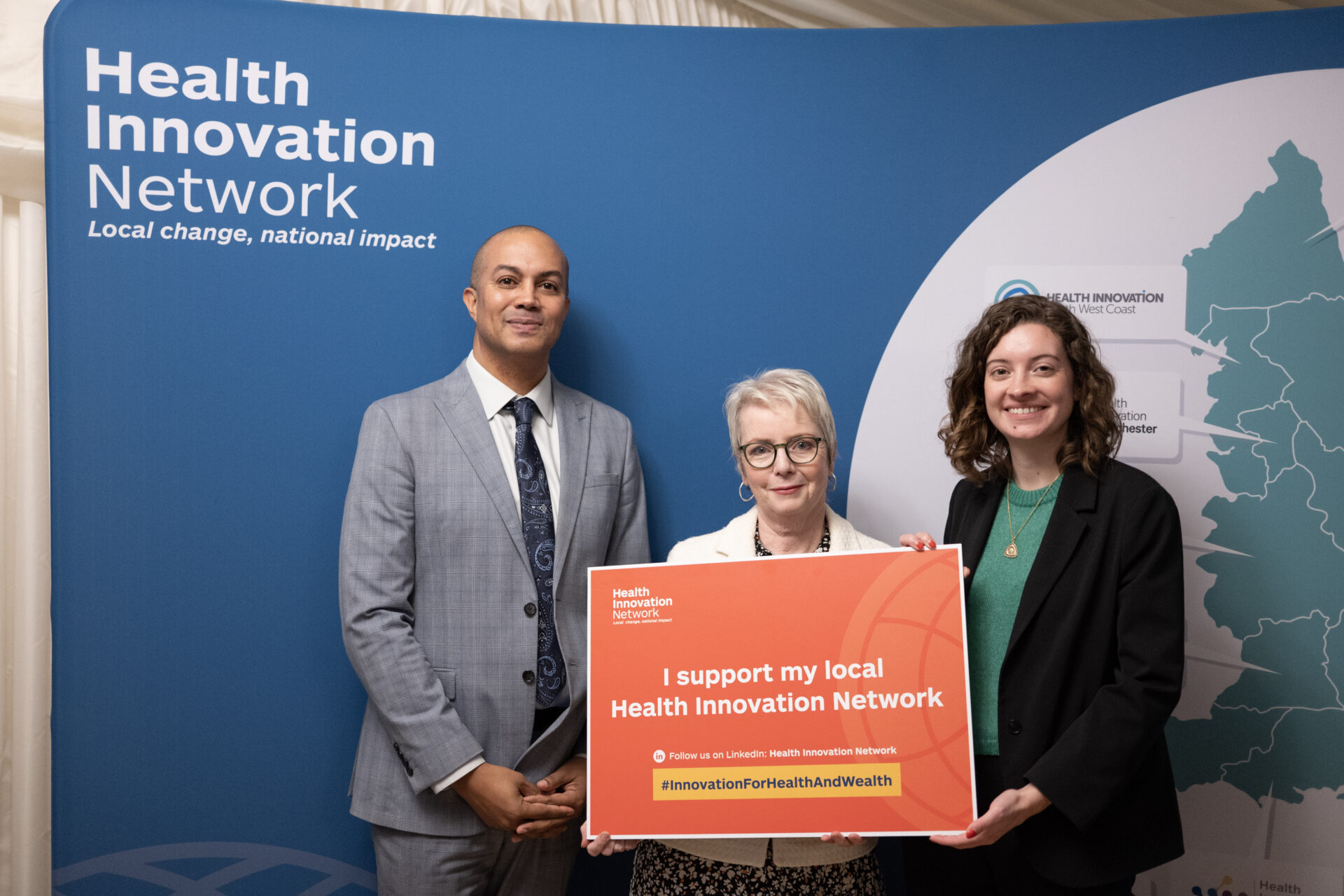To mark ADHD Awareness Month new figures are being shared showing almost 75,000 people (aged 6-18 years) have received an objective assessment for ADHD over the last five years since Academic Health Science Networks began to support a new digital innovation, QbTest.
The innovation has improved patient experience and patients require fewer appointments before being diagnosed. This allows staff to spend time with more patients and reduce waiting lists which have increased during the Covid pandemic.
QbTest is not a standalone test; but it can supply important data to help inform a clinician’s diagnosis. To date, it is being used in 65 trusts across 131 sites – over half of the NHS providers of ADHD assessments for this age group. The AHSNs are working with the NHS locally to implement the new test into their services to improve their diagnosis pathways and improve patient experience.
Pioneered in the East Midlands, QbTest is an approved computer-supported objective test which measures attention, motor activity and impulsivity – the core symptoms of ADHD.
The results are instantly analysed and presented in a report which compares a patients’ results against a normative dataset based on age and gender.
ADHD practitioners then use information from the QbTest report alongside their clinical assessment to inform their decision whether the young person has ADHD or not. 92% of clinicians said the results helped them to understand patients’ symptoms.
As part of the Focus ADHD National Programme – funded by the Accelerated Access Collaborative – the 15 Academic Health Science Networks across England are supporting clinical services to improve their ADHD assessment pathway with the implementation of QbTest.
The Focus ADHD programme can have a positive impact on young people and families by reducing the number of appointments needed for clinical diagnosis, meaning that clinicians can see more patients. The new pathway can also generate increased clinical confidence and understanding while increasing efficiencies for the service.
Mark Dines Allen, East Midlands AHSN said: “The Focus ADHD national programme is a brilliant example of what can be achieved through dedicated, multi-sector, collaborative leadership. We have been successful in implementing this evidence-based intervention across 65 trusts so far, to improve timely access to assessment and diagnosis for children and families. Our aim is for every child clinic in England to implement this innovation.”
Find out more about the programme.
Watch this video to see how it has impacted one family’s life.

The Health Innovation Network is delighted to announce the launch of Innovation Insights, a brand-new webinar series designed to highlight the latest in health innovation, offering attendees valuable insights into the adoption and spread of innovation within the health and care landscape. Each interactive webinar will feature: Expert presentations: Delivered by thought leaders across [...]

The Health Innovation Network, at an event sponsored by Sarah Coombes MP, brought together parliamentarians including Health Minister Karin Smyth MP and Chair of the Science, Innovation and Technology Committee, Chi Onwurah MP to meet with six innovators supported by health innovation networks across the country and their NHS partners. At the Meet the Innovators: [...]

The need for fast-paced innovation in healthcare is widely acknowledged. And ensuring that healthcare innovation is shaped by the people it serves remains a pressing priority – one made all the more evident by the growing emphasis on health equity in the 10 Year Health Plan. Patient voices are often cited as central to healthcare [...]





